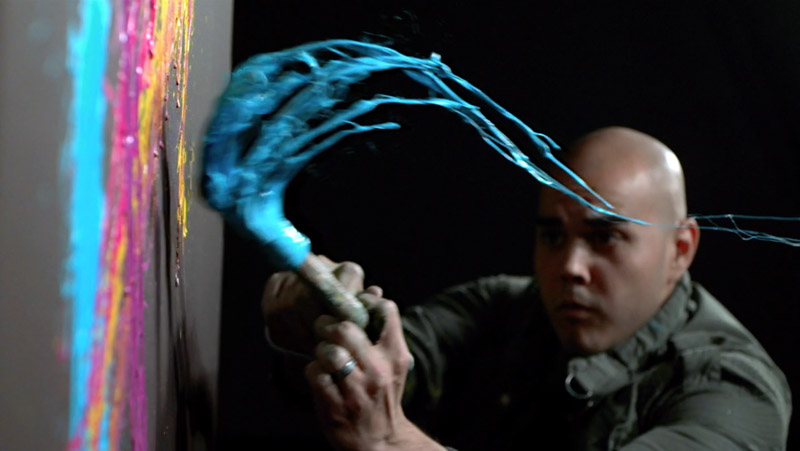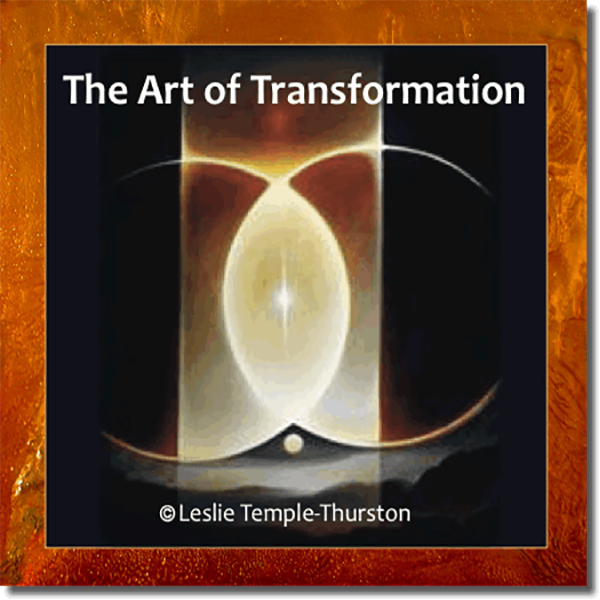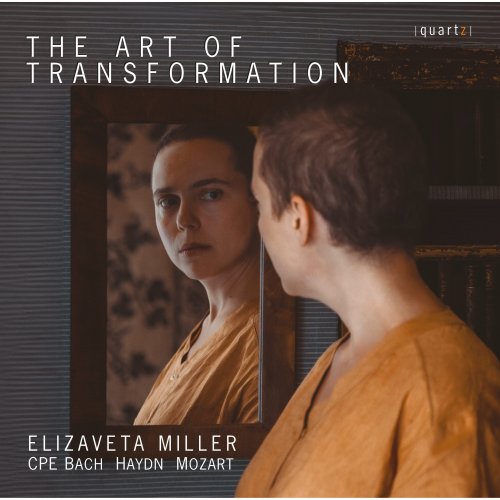The Art of Transformation: A Deep Dive into "The Makeup Man" (1998)
Related Articles: The Art of Transformation: A Deep Dive into "The Makeup Man" (1998)
Introduction
With great pleasure, we will explore the intriguing topic related to The Art of Transformation: A Deep Dive into "The Makeup Man" (1998). Let’s weave interesting information and offer fresh perspectives to the readers.
Table of Content
The Art of Transformation: A Deep Dive into "The Makeup Man" (1998)

"The Makeup Man" (1998), a lesser-known gem in the realm of independent horror cinema, offers a chilling exploration of the dark side of artistry and the unsettling power of transformation. Directed by Adam Rifkin, the film delves into the psyche of a talented but troubled makeup artist who becomes obsessed with his work, blurring the lines between reality and fantasy.
The Narrative Unveiled:
The film centers around Ray (Timothy Hutton), a skilled makeup artist working on a low-budget horror film. He is a master of his craft, capable of crafting grotesque and realistic effects that bring nightmares to life. However, Ray’s talent is overshadowed by his troubled past and a growing obsession with his work. He finds solace in transforming actors into monstrous creatures, seeking to escape his own personal demons through the act of creation.
The film’s narrative unfolds through a series of interconnected events. Ray’s obsession intensifies as he becomes increasingly consumed by his work, neglecting his personal life and relationships. The line between his artistic creations and his own identity begins to blur, as he finds himself drawn to the very monsters he brings to life.
Thematic Exploration:
"The Makeup Man" transcends a simple horror narrative, delving into deeper thematic explorations. The film examines the power of art to both heal and destroy, exploring the thin line between creative expression and destructive obsession. Ray’s journey serves as a cautionary tale, highlighting the dangers of losing oneself in the pursuit of artistic fulfillment.
The Power of Visuals:
The film’s visual style plays a crucial role in conveying its themes. The makeup effects, created by the renowned artist Greg Nicotero, are both gruesome and mesmerizing, blurring the lines between reality and nightmare. The film’s use of shadows and distorted perspectives further enhances the sense of unease and disorientation, effectively drawing the audience into Ray’s unsettling world.
The Importance of the Narrative:
"The Makeup Man" serves as a powerful reminder of the human capacity for both creativity and destruction. The film’s exploration of the dark side of artistry is both unsettling and thought-provoking, prompting viewers to consider the potential consequences of unchecked ambition and the importance of maintaining a balance between artistic expression and personal well-being.
FAQs: Addressing the Unseen
1. What inspired the film’s creation?
Director Adam Rifkin drew inspiration from his own experiences working on low-budget films and the pressures associated with the filmmaking process. He also incorporated elements of classic horror films, particularly those focusing on the themes of obsession and transformation.
2. Is the film based on a true story?
While "The Makeup Man" is a fictional narrative, it draws inspiration from real-life accounts of artists who have become consumed by their work. The film explores the potential dangers of artistic obsession, reflecting the dark side of creative expression.
3. What is the film’s intended message?
"The Makeup Man" serves as a cautionary tale about the dangers of unchecked ambition and the importance of maintaining a balance between artistic expression and personal well-being. The film highlights the potential for creativity to become destructive when it is not grounded in a healthy sense of self.
Tips: Unveiling the Film’s Secrets
1. Pay attention to the visual details:
The film’s visual style is integral to its narrative. Pay close attention to the makeup effects, the use of shadows, and the distorted perspectives. These elements work together to create a sense of unease and disorientation, effectively drawing the audience into Ray’s unsettling world.
2. Consider the film’s thematic exploration:
"The Makeup Man" transcends a simple horror narrative, delving into deeper thematic explorations. The film examines the power of art to both heal and destroy, exploring the thin line between creative expression and destructive obsession.
3. Reflect on Ray’s journey:
Ray’s journey serves as a cautionary tale, highlighting the dangers of losing oneself in the pursuit of artistic fulfillment. The film prompts viewers to consider the importance of maintaining a healthy balance between creative expression and personal well-being.
Conclusion: A Lasting Impact
"The Makeup Man" is a film that lingers in the mind long after the credits roll. Its exploration of the dark side of artistry and the unsettling power of transformation is both chilling and thought-provoking. The film serves as a powerful reminder of the human capacity for both creativity and destruction, leaving viewers with a lingering sense of unease and a renewed appreciation for the delicate balance between artistic expression and personal well-being.







Closure
Thus, we hope this article has provided valuable insights into The Art of Transformation: A Deep Dive into "The Makeup Man" (1998). We appreciate your attention to our article. See you in our next article!